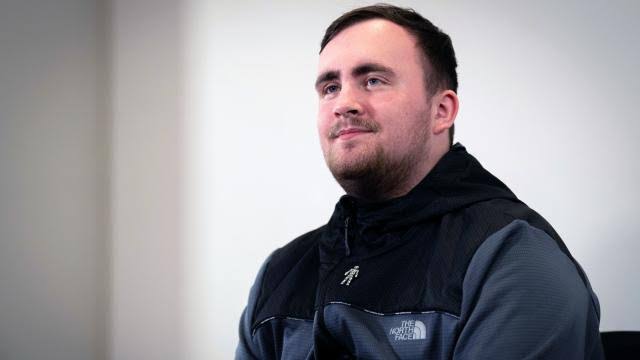
The Allegations
The allegations against Baez suggest that while she has been vocal about certain aspects of her activism, she has held back from revealing the full extent of her involvement, particularly actions that might have placed her in direct legal jeopardy or that involved covert operations. Critics claim that by not fully confessing these details, Baez has presented an incomplete narrative of her contributions to the causes she championed.
These accusations have resurfaced in recent months, spurred by the publication of new biographies and documentaries about the era. Some historians and former activists have suggested that Baez’s reluctance to fully disclose her activities diminishes the collective understanding of the period and the risks taken by activists.
Joan Baez’s Response
In response to these allegations, Joan Baez has released a heartfelt and comprehensive statement addressing the criticisms and providing insight into her perspective on the issue. Baez’s response highlights her dedication to the causes she supported and the complexities of being an activist in a highly turbulent era.
“I have always been open about my activism and the causes I have supported,” Baez stated. “However, the nature of activism, especially during such a volatile time, involved many layers of complexity and sometimes secrecy. Not all actions could be publicized without putting people at risk.”
Baez emphasized that her priority was always the cause, not her personal legacy. “The focus was on achieving justice, whether it was through civil rights, ending the Vietnam War, or advocating for nonviolence. The narrative of my activism should be viewed through the lens of the movements themselves and the collective efforts of countless individuals who risked their lives and freedoms.”
A History of Activism
Joan Baez’s activism is well-documented and extensive. She was an outspoken opponent of the Vietnam War, often performing at anti-war rallies and using her platform to speak out against the conflict. Baez’s commitment to nonviolence and civil rights was deeply influenced by her Quaker upbringing and her association with leaders like Martin Luther King Jr.
In the early 1960s, Baez was a key figure in the civil rights movement. She performed at the 1963 March on Washington for Jobs and Freedom, where Dr. King delivered his iconic “I Have a Dream” speech. Baez’s rendition of “We Shall Overcome” became an anthem for the movement.
During the Vietnam War, Baez’s activism intensified. She participated in numerous protests and was arrested multiple times for civil disobedience. In 1967, she was jailed for blocking the entrance to a military induction center. Baez also co-founded the Institute for the Study of Nonviolence in Carmel Valley, California, to promote nonviolent resistance.
The Complexity of Activism
Baez’s statement sheds light on the inherent complexities of activism, especially during the 1960s and 1970s. “Activism is not always a clear-cut path,” she explained. “There were actions taken that required discretion and a level of secrecy to protect individuals and ensure the success of certain efforts.”
Baez acknowledged that not all of her actions were publicized or documented, partly to protect those involved and partly due to the spontaneous nature of many of these activities. “Some actions were coordinated at the spur of the moment, responding to immediate threats or opportunities. It wasn’t about seeking recognition; it was about making a difference in whatever way we could.”
She also highlighted the role of women in the movements, who often worked behind the scenes and faced additional challenges. “Women played a crucial role in these movements, often without the same level of recognition as their male counterparts. We organized, strategized, and took significant risks.”
Leave a Reply